A plant evolutionary ecologist’s ode to yellow-bellied marmots
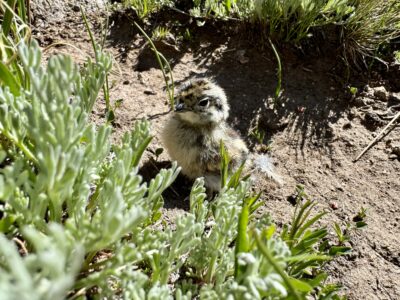
Marmots serve as a reminder to me to step back from this optimization-focused perspective and pay more attention to how organisms actually act than to how I think they should act.

Marmots serve as a reminder to me to step back from this optimization-focused perspective and pay more attention to how organisms actually act than to how I think they should act.
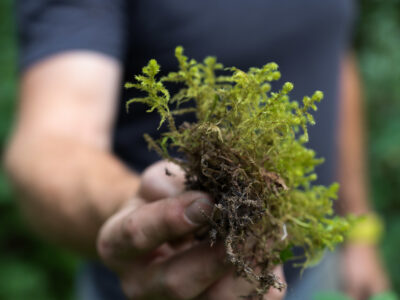
The LTER Network Office is excited to announce that three Scientific Peers Advancing Research Collaborations (SPARC) proposals were funded this year. The three groups will meet in person at the National Center for Ecological Analysis and Synthesis for one week, starting in the fall.
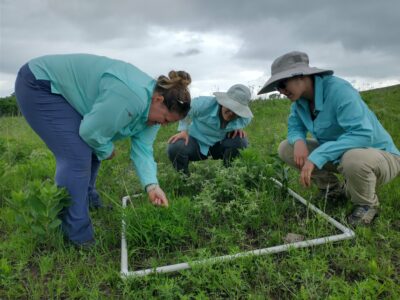
The CoRRE Working Group continues to develop new ways to study plant community change across the globe.
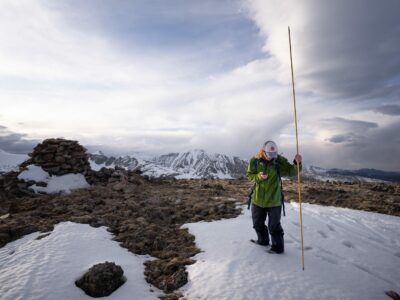
Snow is the defining control on Niwot’s ecology. Through the winter, the white stuff builds with each passing storm; sometime in the spring, melting begins, flushing water and nutrients through the system. The annual snow survey tracks snowfall through time.
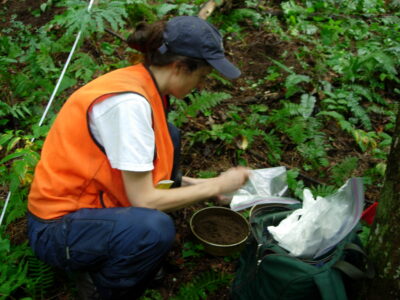
An LTER cross site synthesis effort reveals that soil carbon availability determines nitrogen mineralization and nitrification rates across a wide diversity of terrestrial ecosystems.
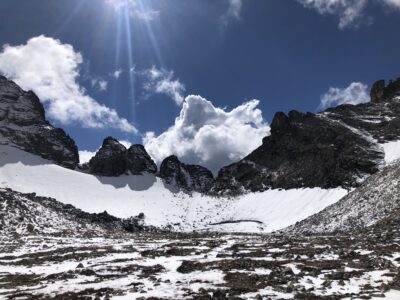
While glacial thawing shapes ecosystem processes in the Green Lakes Valley, long-term data shows that it alone cannot explain the changing spatiotemporal patterns of stream chemistries.
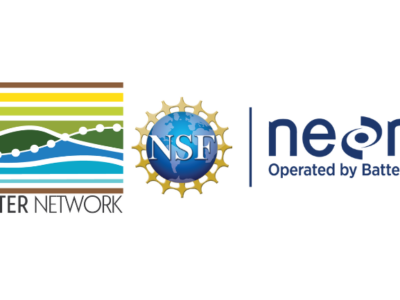
The shared spaces between LTER and NEON add value for both networks and for the research community at large.
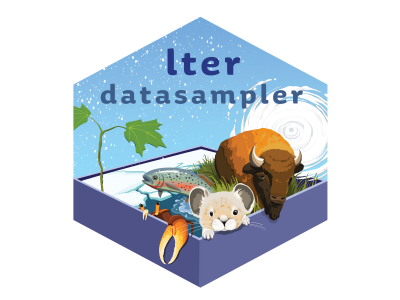
We are excited to share with the broader R community a new collection of 8 data samples geared towards teaching environmental data science!
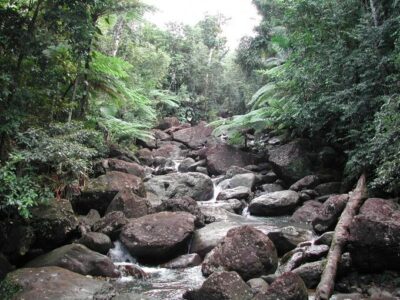
A new global data synthesis of stream chemistry indicates human activities reduce streams ability to retain and transform nutrients.
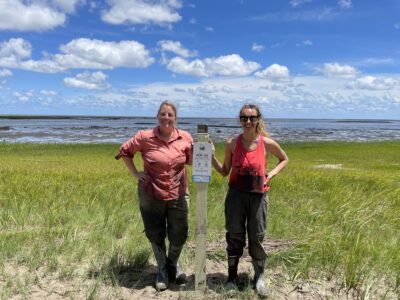
With just a phone camera, anyone can add to a growing dataset tracking environmental change at the Virginia Coast Reserve LTER.